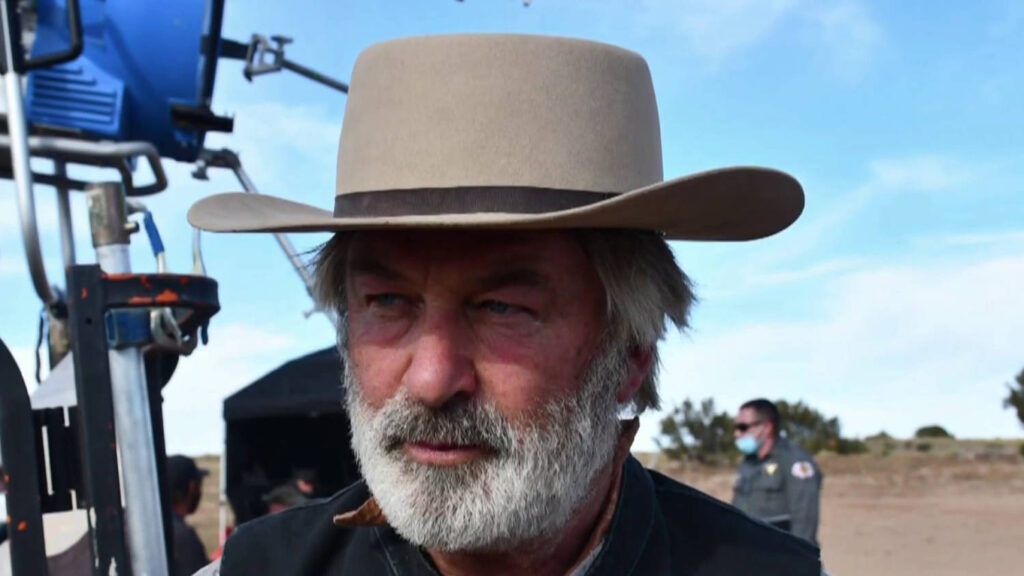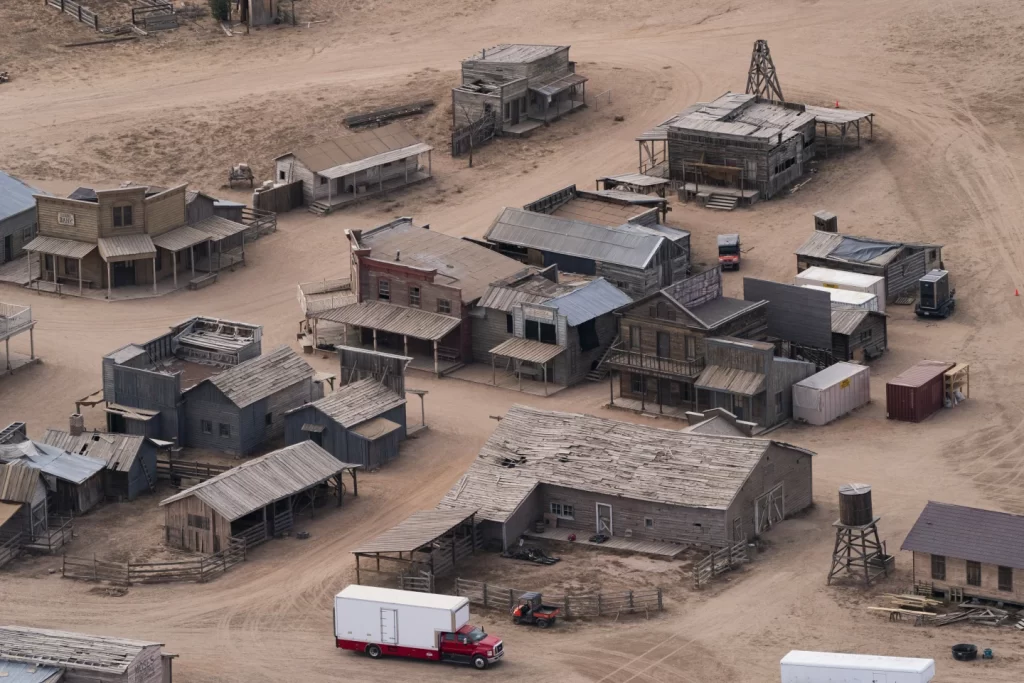Judge Mary Marlowe Sommer of New Mexico is expected to deliver a pivotal decision on Friday regarding Alec Baldwin’s involuntary manslaughter charge stemming from the tragic shooting incident on the set of “Rust.” The ruling comes amidst heated debate over the handling of crucial evidence by federal investigators.

Defense attorneys representing Alec Baldwin have vehemently argued for the dismissal of the case, citing allegations that the FBI irreparably damaged the firearm in question during forensic testing. This, they contend, occurred before Baldwin’s legal team had the opportunity to thoroughly examine the evidence themselves.
The controversy centers on an accidental discharge test conducted by the FBI, prompted by statements Baldwin made in an interview asserting he never pulled the trigger. During this test, the revolver was struck from multiple angles with a rawhide mallet, resulting in fractures to its firing and safety mechanisms.
John Bash, Baldwin’s lawyer, denounced the FBI’s actions as reckless and accused them of destroying potentially exculpatory evidence. He emphasized during court proceedings that such conduct warrants immediate dismissal of the charges against Baldwin.
In response, prosecutors acknowledged the unfortunate damage to the firearm but maintained that the critical parts are still intact and available for examination. They argue that Baldwin’s defense team retains ample opportunities to challenge the evidence and present their case effectively.

The defense countered by asserting that the testing was conducted hastily, without proper documentation or precautions, thereby compromising the integrity of the evidence crucial to Baldwin’s defense. They urged Judge Sommer to bar any presentation of the analysis conducted on the reconstructed firearm, citing procedural irregularities and potential bias.
The courtroom drama has unfolded against a backdrop of detailed forensic testimony and rigorous cross-examinations during pre-trial hearings. These proceedings have provided a preview of the arguments and strategies likely to unfold should the case proceed to trial in July.
Throughout the hearings, both sides have sparred over the interpretation of forensic evidence and witness testimony, aiming to sway the judge’s decision on the admissibility of critical evidence.
The shooting incident on October 21, 2021, resulted in the death of cinematographer Halyna Hutchins and injury to director Joel Souza. Alec Baldwin, who has pleaded not guilty to involuntary manslaughter, faces a maximum sentence of 18 months in prison if convicted.
As the legal proceedings continue to unfold, the case has drawn significant public attention and scrutiny, reflecting broader debates over firearms safety on film sets and the responsibilities of actors and production crews.
The judge’s forthcoming ruling will be pivotal in determining the trajectory of Alec Baldwin’s legal battle and the future course of justice in this tragic and controversial case.



